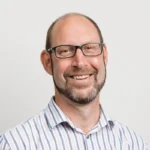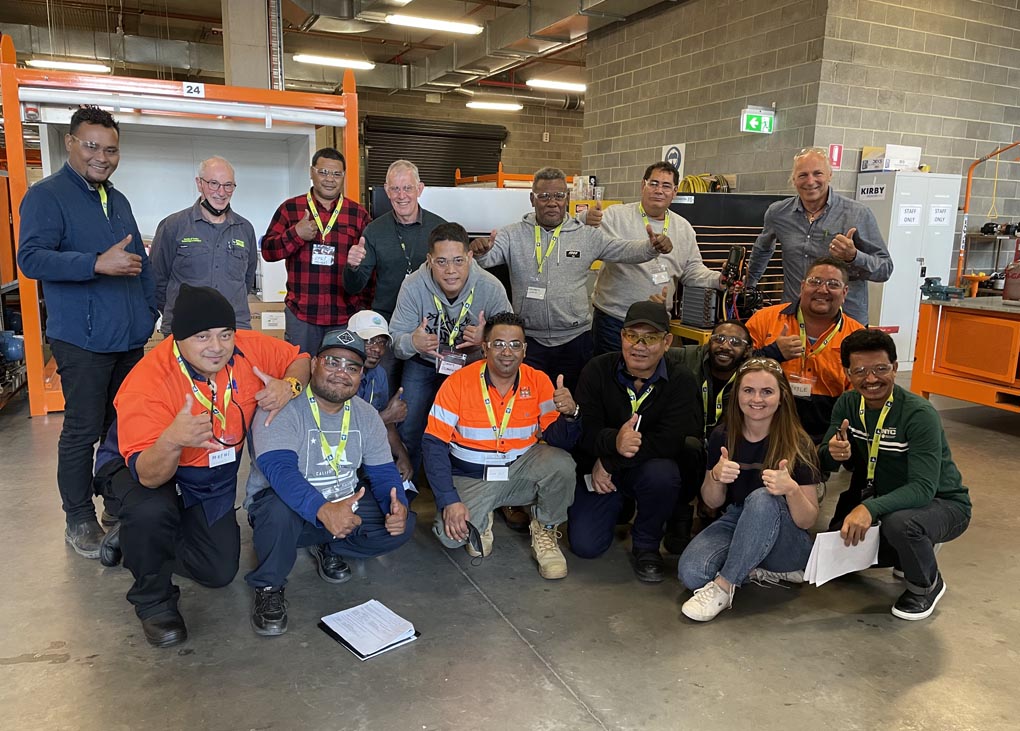AREMA and UNEP, supported by the Australian government, have commenced a project to help Pacific Island countries improve their training capacity on good servicing practices for refrigeration and air conditioning (RAC) equipment.
As a key part of the Montreal Protocol’s HCFC phase-out (which covers R22), 13 trainers from the Cook Islands, Fiji, Kiribati, Vanuatu, Tonga, Solomon Islands, Micronesia, Palau and Samoa have attended Box Hill Institute in Melbourne to get support in improving training offered in each of their countries.
“This project continues AREMA’s commitment to ensure that people who install, maintain and repair RAC equipment know what they are doing,” says AREMA President Mark Padwick.
“As a result of high-quality training, technicians are able to deliver better equipment longevity and customer comfort, energy savings and reduced greenhouse gas emissions.”
The trainees benefited from the development and deployment of training pods, which include both a split system air conditioner and a refrigeration display cabinet. By incorporating this equipment, which is in use throughout the Pacific region in increasing numbers, the training also focuses on how to safely work with flammable refrigerants – both R32 and hydrocarbons.
The pods will be provided to Pacific Island countries to help deliver high-quality training.
AREMA members Daikin and Danfoss provided equipment at no cost to ensure trainees worked on new, high-efficiency equipment.
“We asked and Australian industry stepped up,” says Padwick. “Our other industry partners also came forward to help. AMCA and A.G. Coombs looked after the construction of the pods and mounting of the equipment. Without this equipment, this hands-on training approach could not be pursued.
“Australian industry can be proud of the efforts and successes we have in supporting countries throughout the region in phasing out HCFCs under the Montreal Protocol.”
 Mark Vender
Mark Vender


Leave a Reply